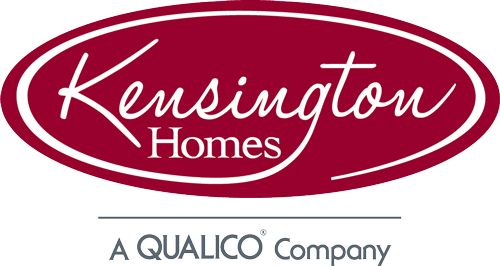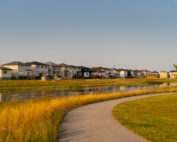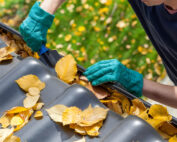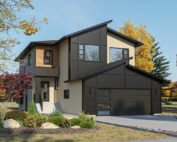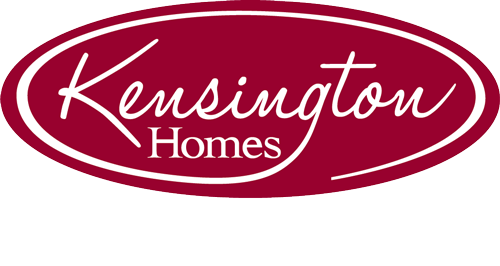Kensington Homes’ Standard is Energy Efficiency
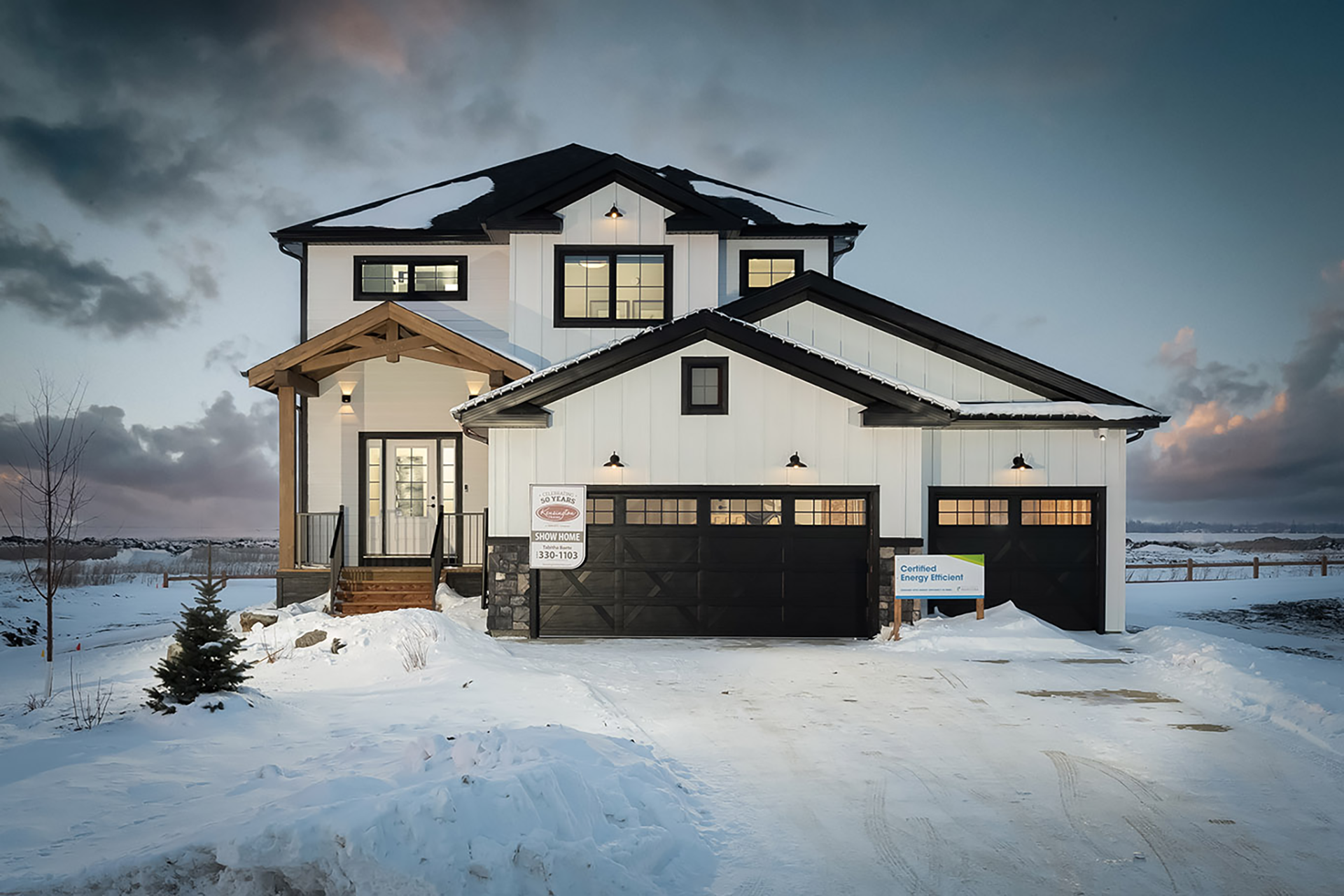
Let’s go green! Energy efficiency is important for you, your home, and the environment. Having an energy-efficient home means saving on costs such as energy bills, heating/cooling costs, and hydro bills. Kensington Homes has various measures in place to ensure your home saves you money and is built above industry standards for efficiency.

Kensington Homes’ Standard is Energy Efficiency
Kensington’s new homes have an average heat saving of 21 percent over a home of 10 years or older, making building a new home a green option. Each home is insulated with R20 at the exterior walls and the basement exterior walls that are fully framed. Ceilings have R50 insulation (except vaulted ceilings where it’s R35).
All homes are also equipped with LED lighting which swallows up to 75 percent less electricity and requires less frequent changing. A typical household averages 65 percent of their budget on space heating – but with programmable high-efficiency mechanical systems you can automatically adjust your home’s temperature. Water heating is another cost that takes a good portion of a household’s budget – nearly 20 percent. Kensington installs contemporary drain water recovery systems to save you approximately 25 percent of these costs. Kensington also includes low-flow toilets, faucets, and showerheads to further reduce water consumption and costs.
New construction homes typically also involve purchasing new appliances that are far more energy-efficient that older ones. Not only will you save money on monthly utility bills, you won’t have to worry about repairs either. New construction homes also have the option to include smart technology updates, such as WIFI thermostats, smart locks, and home security systems.
Be sure to ask our sales representatives for more energy efficient upgrades available!
What is an EnerGuide Rating?
EnerGuide gives you an estimate of the net amount of energy your house consumes in a year. The lower the number, the more efficient your home is. This is measured in gigajoules. All Kensington show homes have been measured for energy efficiency with EnerGuide. Learn how much 1 gigajoule of energy consumption is in the graphic below:
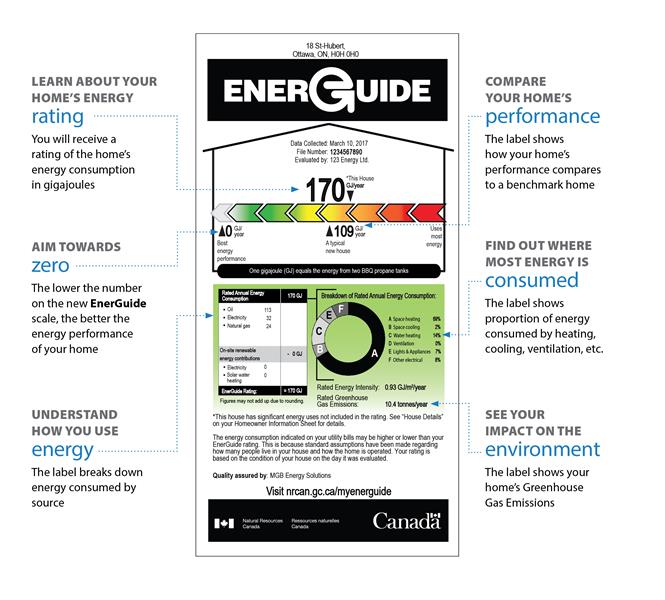
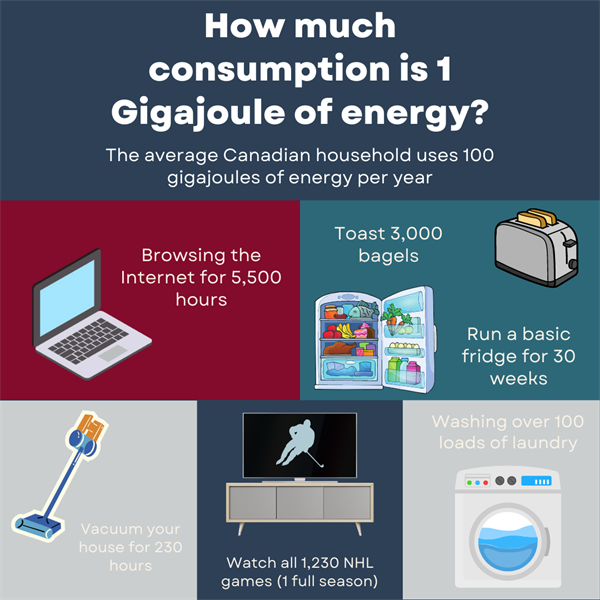
Energy Efficiency and The Environment
Energy efficiency is a great place to start where climate change is concerned. We get our energy from power plants that burn coal, greenhouse gases, and other fossil fuels. Greenhouse gases include airborne pollutants like carbon dioxide and nitrous oxide. Essentially, because of these greenhouse gases, too much heat is being trapped in our atmosphere.
The effects of greenhouse gases are extremely harmful to us, the environment, and animals because it is responsible for rising temperatures, higher sea levels, abnormal weather patterns, increased intensity of natural disasters, and smog and acid rain. As you cut back your energy consumption, it reduces how much electricity the power plants need to make, meaning fewer fossil fuels and greenhouse gases are being burned.
It may not feel like you’re making a difference, but the smallest change in your every day creates change, especially when millions of people are doing the same.
Tips to Live an Energy Efficient Lifestyle
There are many ways beyond having an energy-efficient home for you to protect the environment and yourself. Learn some tips below:
- 19°C is considered “thermoneutrality” so there is no need to heat above that. Did you know that above 20°C, each additional degree increases the heating bill by 7%.
- Unplug any unused electronics throughout the day and night. Standby power can account for 10% of your average annual electricity use. You can also purchase smart power bars that can cut your standby power.
- Garden! Growing your own vegetables is a great way to save you money and be sure to include flowers and plants to help out our pollinating friends!
- Composting is a great way to recycle your kitchen scraps. Feed your soil and help lower the need for pesticides and fertilizers.
- Cut your laundry use down to one load per week and use cold water only as much as you can.
- Focus on using reusable products such as straws, cups, bags, and containers – even invest in beeswax wrap instead of using plastic wrap or reusable zip lock bags.
- Replace proper weather stripping as needed to prevent heat and cold loss.
- Purchase ENERGY STAR-rated appliances and technology including computers, laptops, printers, TVs, etc. Look for the little blue label!
